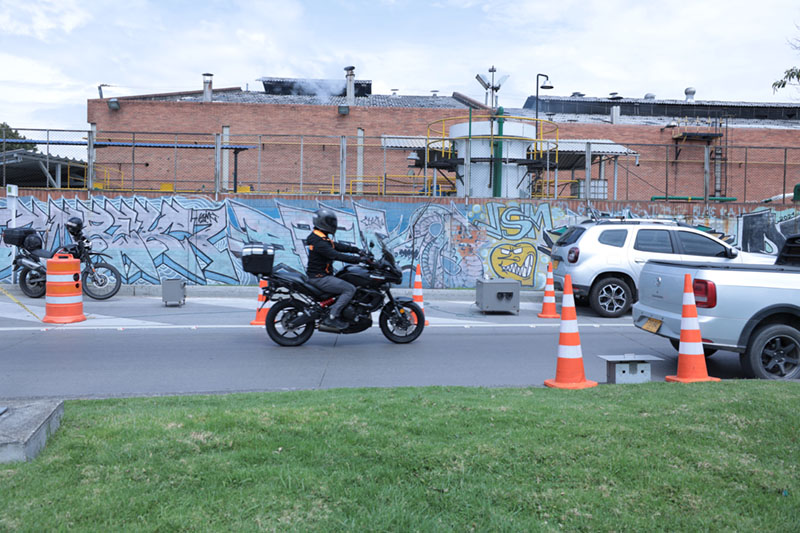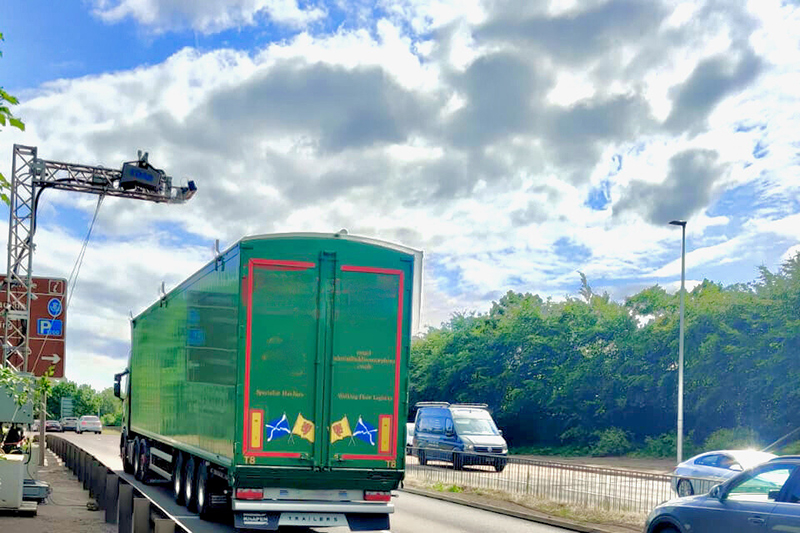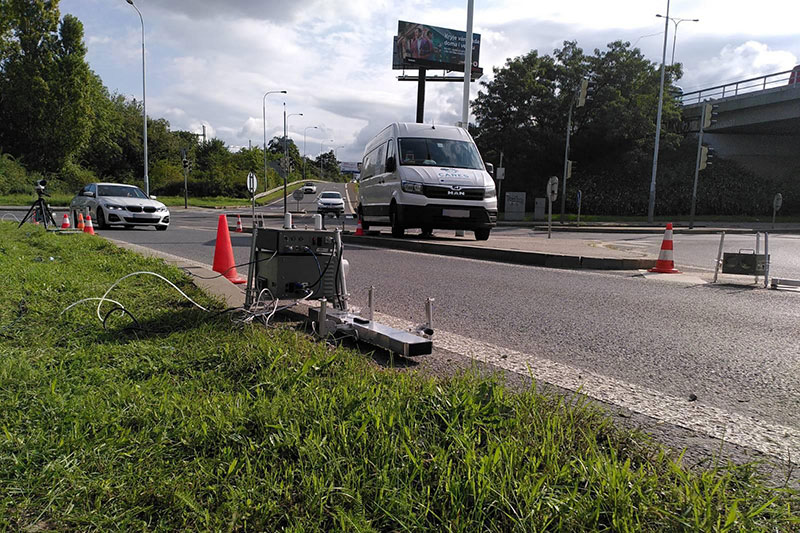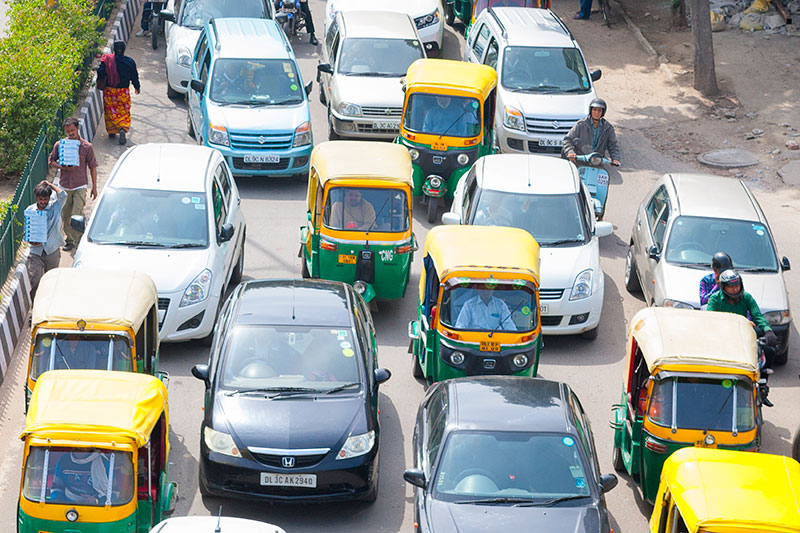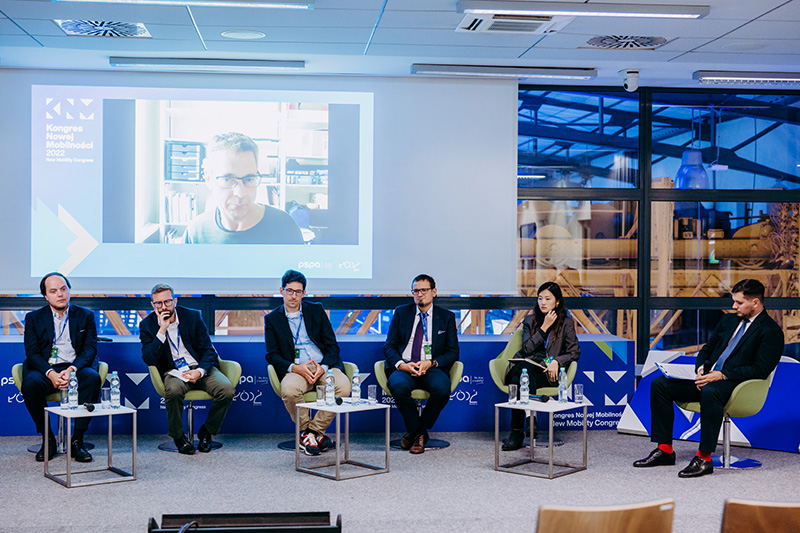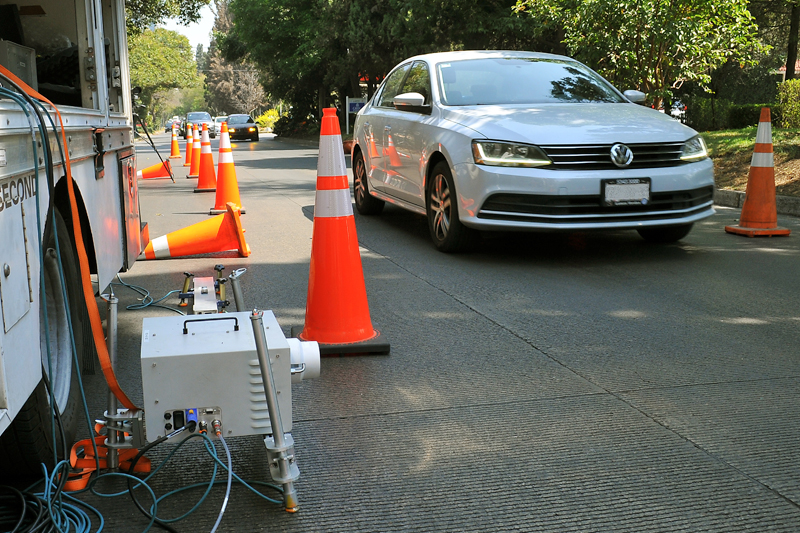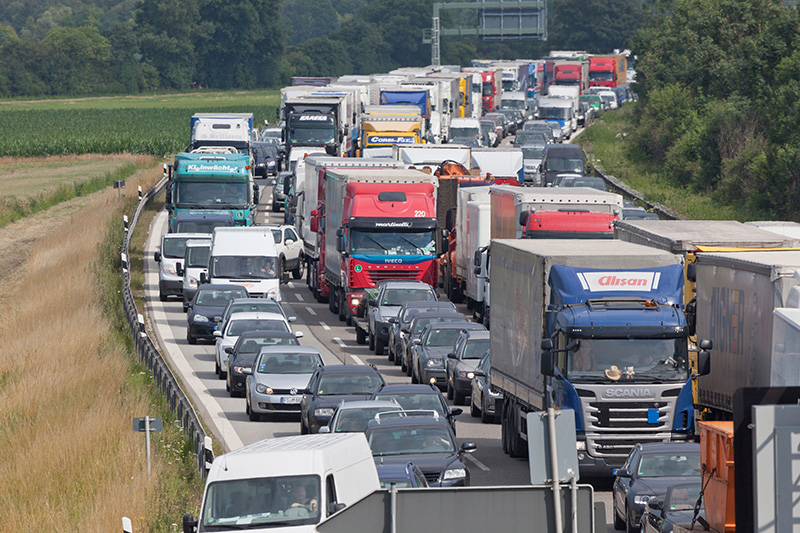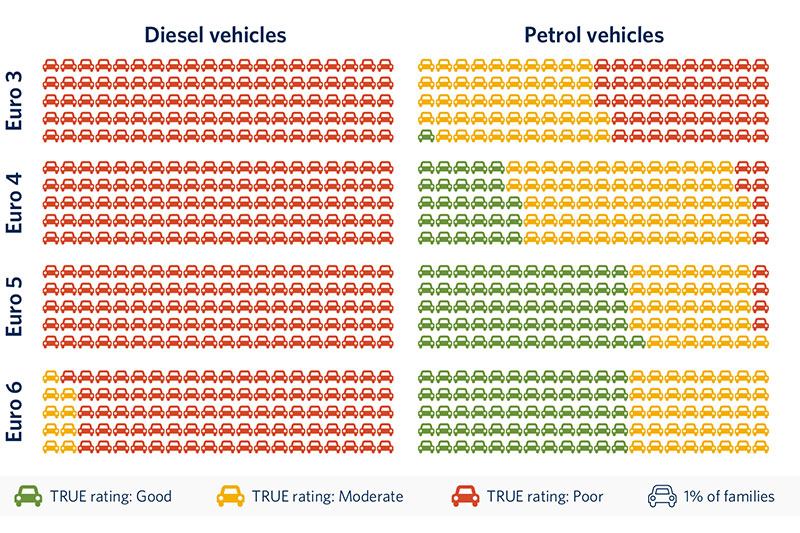Remote testing campaign launched in Bogotá, Colombia
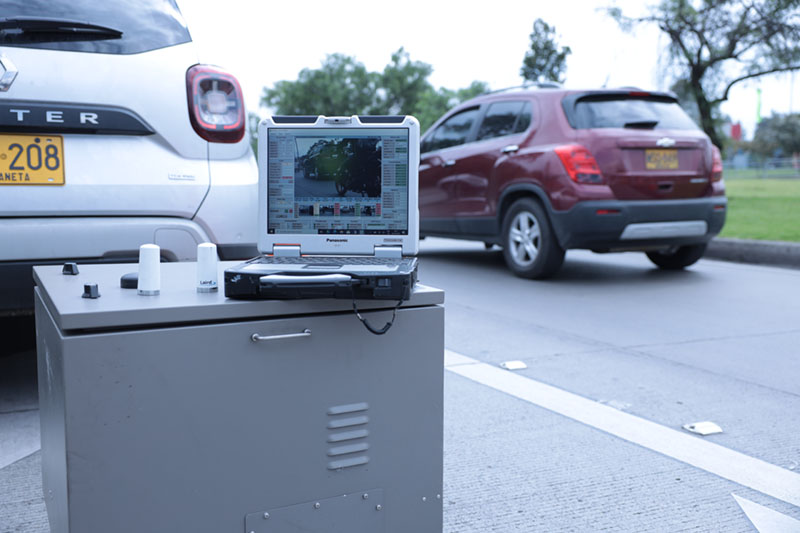
A new TRUE Initiative study has been launched in Bogotá, Colombia, one of Latin America’s largest cities, to collect real-world emissions data to identify effective transport air quality policies.
Traffic in the Colombian capital poses significant environmental challenges. Rapidly rising motorisation, combined with limited public transport capacity and road infrastructure designed for much lower traffic demand, creates significant congestion and contributes to poor air quality. The city has around 7 million inhabitants and a road fleet of around 1.8 million cars. Bogotá is, however, actively engaged with environmental issues, and serves as a model for other cities in the region, pressing forward with policies and regulations to improve environmental impacts. As a signatory to the Zero Emission Vehicles Declaration, for example, Bogotá has pledged to ensure all new sales of cars and vans are zero-emission by 2040.
Expanding the TRUE Initiative’s work in Latin America, a testing campaign began in the Colombian capital of Bogotá in September 2023. The study is led by TRUE partner, the International Council on Clean Transportation, in collaboration with the Secretaría Distrital de Ambiente (SDA) and Secretaría Distrital de Movilidad (SDM) in Bogotá, and with support from FIA Foundation. On-the-ground testing equipment and support were provided by OPUS RSE and took place at a toll booth site to target a high volume of traffic and a high share of heavy-duty vehicles, as well as motorcycles and cars. Roadside sensors capture in real-time the emissions coming from the exhaust of each vehicle, in addition to analyzing and recording information such as manufacturer, model, and year of the car. During the campaign, data from 250,000 vehicles were collected, with emissions measurements taken of pollutants including carbon monoxide (CO), hydrocarbons (HC), nitrogen oxides (NOx), and particulate matter (PM) all relative to carbon dioxide (CO2).
The primary goal of the testing campaign is to provide SDA with an up-to-date snapshot of the city’s real-world emissions and to identify particular categories of high emitters. The subsequent analysis will also help the city understand the advantages and challenges of implementing a remote sensing program within the city to improve the current Vehicle Emission Control Program.
One of the potential improvement measures studied by SDA is the creation of ZUMAs (Urban Areas for Better Air) to improve air quality in highly polluted areas. ZUMAs aim to reduce emissions from industry and transport, promote forms of active mobility, and increase the number of green areas. Campaigns such as the one currently being conducted by TRUE could help identify suitable designs for ZUMAs, structuring a data-driven action plan for conscious decision-making by responsible authorities.
A full study analyzing the results of this testing campaign will be available later this year.
